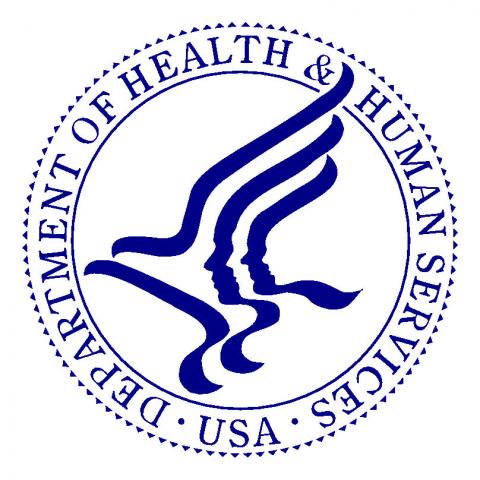New Regulations Expand Exemptions from the Contraceptive Mandate
Posted November 07, 2017
Overview
On October 6, 2017, the Departments of Labor (DOL), Health and Human Services (HHS) and the Treasury (Departments) issued two interim final rules expanding certain exemptions from the Affordable Care Act’s (ACA) contraceptive coverage mandate.
- The first interim final rule expands the availability of the exemption for employers that object to providing contraceptive coverage based on their religious beliefs.
- The second interim final rule provides an additional exemption for certain employers that object to providing contraceptive coverage based on their moral convictions (but not religious beliefs).
Action Steps
This guidance, which is effective immediately, significantly expands the number of employers that are eligible for an exemption from the contraceptive coverage mandate. Under the expanded exemptions, a plan sponsor, issuer and plan covered by these exemptions will not be penalized for failing to include contraceptive coverage in the plan’s benefits.
Background
Effective for plan years beginning on or after August 1, 2012, the ACA requires non-grandfathered health plans to cover certain women’s preventive health services without cost-sharing (such as a copay, coinsurance or deductible). Under these rules, plans must cover all FDA-approved contraceptive methods, sterilization procedures, and patient education and counseling for all women with reproductive capacity.
However, special contraceptive coverage rules apply for certain religious employers and organizations. These rules exempt churches and other houses of worship from the ACA’s requirement to cover contraceptives. For other church-affiliated institutions that object to contraceptive coverage (such as schools, charities, hospitals and universities), these rules establish an accommodations approach.
Under the accommodations approach, eligible organizations do not have to contract, arrange, pay or refer for any contraceptive coverage to which they object on religious grounds. However, separate payments for contraceptive services will be provided to females in the health plan by an independent third party, such as an insurance company or third-party administrator (TPA), directly and free of charge.
For this purpose, an “eligible organization” is one that:
- Opposes providing coverage for some or all contraceptive services that are required to be covered, on account of religious objections;
- Is organized and operates as a nonprofit entity; and
- Holds itself out as a religious organization.
In addition, on June 30, 2014, in Burwell v. Hobby Lobby Stores, Inc. et al., the U.S. Supreme Court created a narrow exception to the contraceptive mandate for closely held for-profit businesses that object to providing coverage for certain types of contraceptives based on their sincerely held religious beliefs.
To be eligible for the accommodations, an organization must also self-certify (or notify HHS) that it meets the criteria and provide the self-certification to the plan’s issuer or TPA.
Expansion of the Religious Exemption
A number of lawsuits have been filed challenging the Departments’ accommodations approach, asserting that it infringes on religious liberty. The two new regulations issued by the Departments are intended to end this long-running litigation by:
- Extending the exemption to include nongovernmental employers, issuers and individuals that have sincerely-held religious or moral beliefs objecting to contraceptive or sterilization coverage; and
- Making the accommodations approach optional for eligible organizations.
As a result, objecting employers are no longer required to choose between direct compliance and compliance through the accommodation. A plan sponsor, issuer and plan covered by these exemptions will not be penalized for failing to include contraceptive coverage in the plan’s benefits.
Eligible Organizations
| Exemption Based on Religious Objections | This exemption may apply to all types of nongovernmental employers, including:
This exemption also applies to health insurance issuers offering group or individual insurance coverage that have sincerely-held religious or moral beliefs objecting to contraceptive or sterilization coverage. |
| Exemption Based on Moral Objections | This exemption is narrower in scope than the exemption based on religious objections. It may only apply to the following types of nongovernmental employers:
Health insurance issuers offering group or individual insurance coverage that have sincerely-held moral objections to providing contraceptive or sterilization coverage may also qualify for this exemption. The Departments are requesting comment on whether this moral objection exemption should also be extended to all for-profit entities (regardless of whether they are closely held or publicly traded) and nonfederal governmental employers, such as local government hospitals. |
No Self-certification Requirement
Under these new rules, employers who claim an exemption may voluntarily, but are not required to, provide any self-certification or notice to the government. The legal challenges to the accommodations approach have focused on whether the requirement to self-certify (or notify HHS) of an organization’s objections infringes on religious liberty by making the organization complicit in the provision of contraceptives. The new rules are intended to end this litigation by making the self-certification requirement optional.

